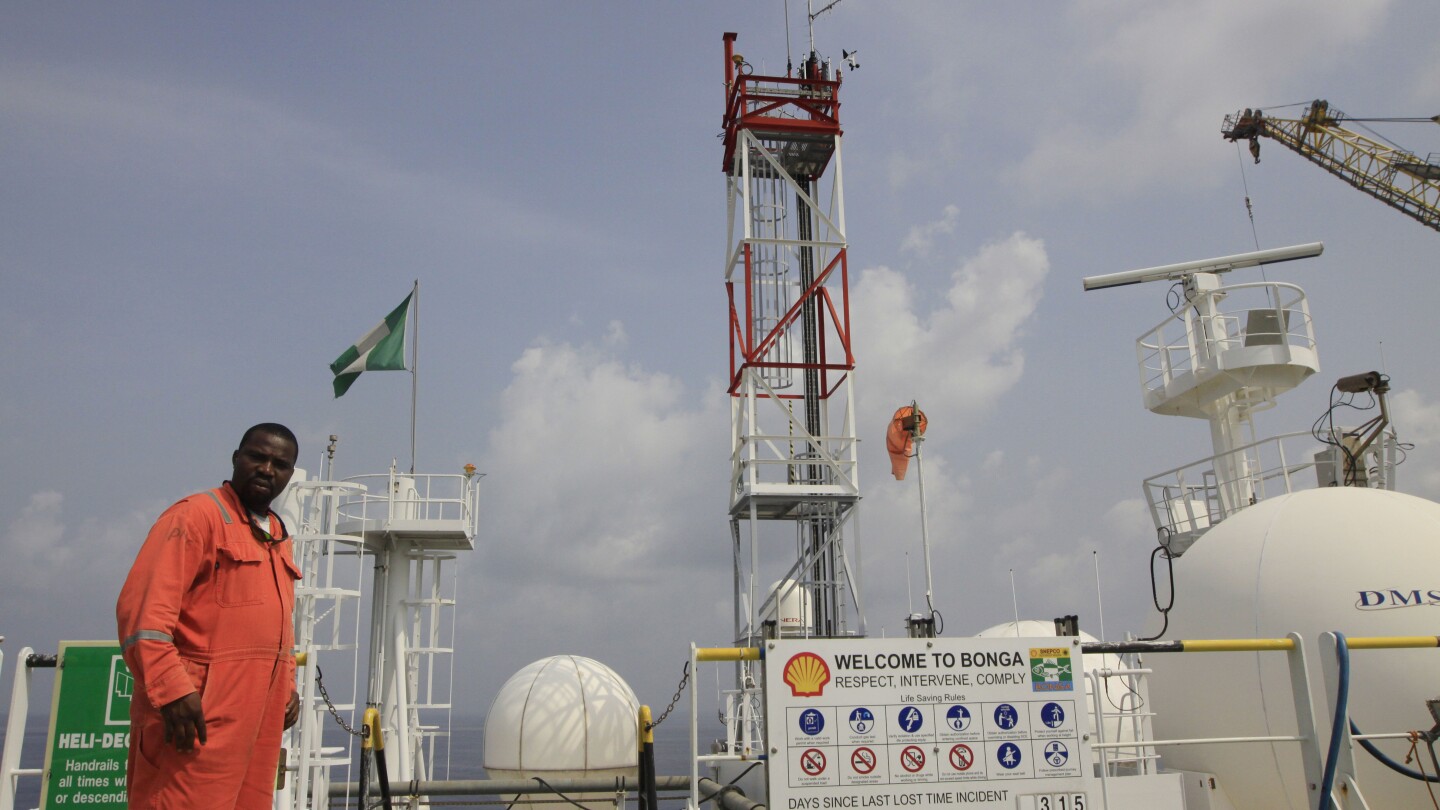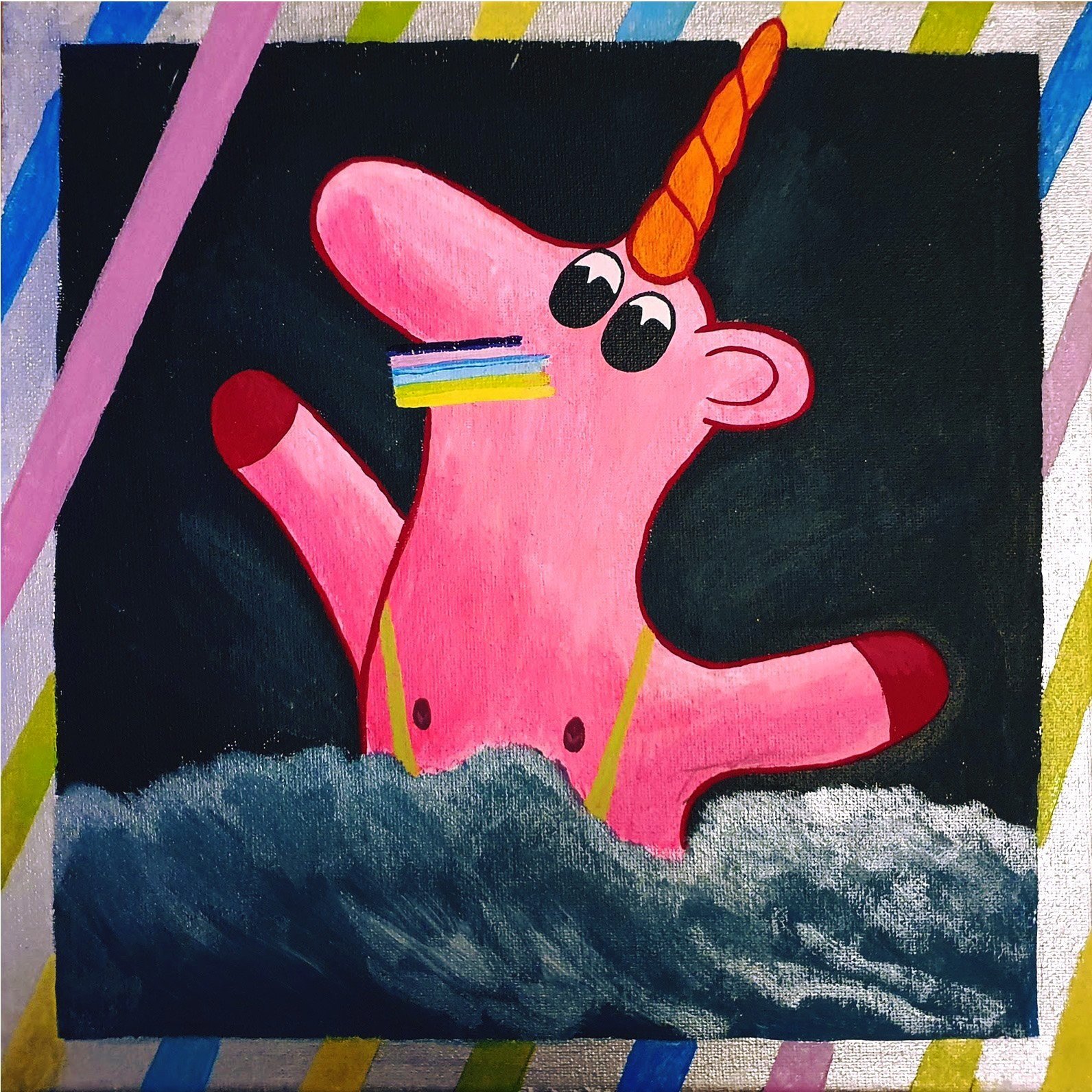Shell said Tuesday it agreed to sell its onshore business in Nigeria’s Niger Delta to a consortium of companies in a deal worth $2.4 billion, the latest move by the energy company to limit its exposure in the West African nation amid long-running complaints of environmental pollution caused by the oil industry.
Shell called it a way to streamline its business in a country it has operated in for decades, facing pushback about oil spills that have fouled rivers and farms and exacerbated tensions in a region that has faced years of militant violence.
“This agreement marks an important milestone for Shell in Nigeria, aligning with our previously announced intent to exit onshore oil production in the Niger Delta,” Zoe Yujnovich, Shell’s integrated gas and upstream director, said in a statement. This will help in “simplifying our portfolio and focusing future disciplined investment in Nigeria on our deepwater and integrated gas position.”
The buying consortium is Renaissance, which consists of ND Western, Aradel Energy, First E&P, Waltersmith and Petrolin, Shell said. After an initial payment of $1.3 billion, the London-based energy giant said it would receive an additional $1.1 billion.
Shell doesn’t get to make trillions in profit over the last 100 years, then walk away with billions in its pockets by selling, without first taking care of every square km of polluted land and water.
Voiceover: “Shell proceeded to walk away with billions of dollars without cleaning up the pollution”.
Let’s not forget what Shell does to people who protest against its decades of negligent pollution in Nigeria:
On 10 November 1995, Saro-Wiwa and the rest of the Ogoni Nine were taken from the army base where they were being held to Port Harcourt prison. They were told that they were being moved to Port Harcourt because it was feared that the army base they were being held in might be attacked by Ogoni youths. The prison was heavily guarded by riot police and tanks, and hundreds of people lined the streets in anticipation of the executions. After arriving at Port Harcourt prison, Saro-Wiwa and the others were herded into a single room and their wrists and ankles were shackled. They were then led one by one to the gallows and executed by hanging, with Saro-Wiwa being the first. It took five tries to execute him due to faulty equipment. His last words were: “Lord take my soul, but the struggle continues.” After the executions, the bodies were taken to the Port Harcourt Cemetery under armed guard and buried. Anticipating disturbances as a result of the executions, the Nigerian government deployed tens of thousands of troops and riot police to two southern provinces and major oil refineries around the country. The Port Harcourt Cemetery was surrounded by soldiers and tanks.
…
Some of the defendants’ lawyers resigned in protest against the alleged rigging of the trial by the Abacha regime. The resignations left the defendants to their own means against the tribunal, which continued to bring witnesses to testify against Saro-Wiwa and his peers. Many of these supposed witnesses later admitted that they had been bribed by the Nigerian government to support the criminal allegations. At least two witnesses who testified that Saro-Wiwa was involved in the murders of the Ogoni elders later recanted, stating that they had been bribed with money and offers of jobs with Shell to give false testimony, in the presence of Shell’s lawyer.
…
Beginning in 1996, the Center for Constitutional Rights (CCR), Earth Rights International (ERI), Paul Hoffman of Schonbrun, DeSimone, Seplow, Harris & Hoffman and other human rights attorneys have brought a series of cases to hold Shell accountable for alleged human rights violations in Nigeria, including summary execution, crimes against humanity, torture, inhumane treatment and arbitrary arrest and detention. The lawsuits are brought against Royal Dutch Shell and Brian Anderson, the head of its Nigerian operation.
The cases were brought under the Alien Tort Statute, a 1789 statute giving non-US citizens the right to file suits in US courts for international human rights violations, and the Torture Victim Protection Act, which allows individuals to seek damages in the US for torture or extrajudicial killing, regardless of where the violations take place.
The United States District Court for the Southern District of New York set a trial date of June 2009. On 9 June 2009 Shell agreed to an out-of-court settlement of US$15.5 million to victims’ families. However, the company denied any liability for the deaths, stating that the payment was part of a reconciliation process. In a statement given after the settlement, Shell suggested that the money was being provided to the relatives of Saro-Wiwa and the eight other victims, to cover the legal costs of the case and also in recognition of the events that took place in the region. Some of the funding is also expected to be used to set up a development trust for the Ogoni people, who inhabit the Niger Delta region of Nigeria. The settlement was made just days before the trial, which had been brought by Saro-Wiwa’s son, was due to begin in New York.
Legal institutions are designed to empower the rich. We need to abolish them alongside the corporations.
At this point violent revolution is becoming the only effective outcome for change from these systems they’ve created to benefit them.
This is the best summary I could come up with:
ABUJA, Nigeria (AP) — Shell said Tuesday it agreed to sell its onshore business in Nigeria’s Niger Delta to a consortium of companies in a deal worth $2.4 billion, the latest move by the energy company to limit its exposure in the West African nation amid long-running complaints of environmental pollution caused by the oil industry.
The assets that Shell is selling are largely owned by the Nigerian government’s national oil company NNPC, which holds a 55% stake.
Activists in the Niger Delta, where Shell has faced decadeslong local criticism to its oil exploration, plan to ask the government to withhold its approval if the company does not address its environmental damage.
However, pollution from oil and natural gas production has prevented residents from accessing clean water, hurt farming and fishing, and heightened tensions.
Militants have exploited the situation, and at one time almost halted the oil industry with attacks on facilities and kidnappings of foreign citizens for ransom before a government amnesty package.
Despite joint military operations and a government benefits program for former militants that accompanied the amnesty deal, the Niger Delta remains volatile.
The original article contains 579 words, the summary contains 186 words. Saved 68%. I’m a bot and I’m open source!
deleted by creator





